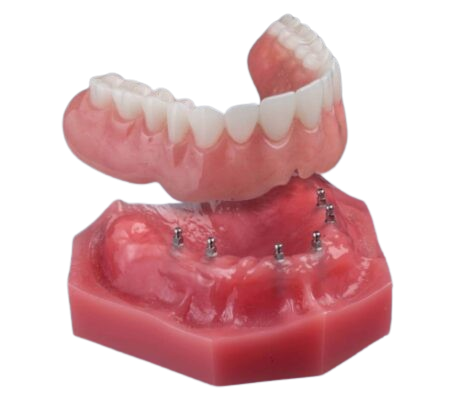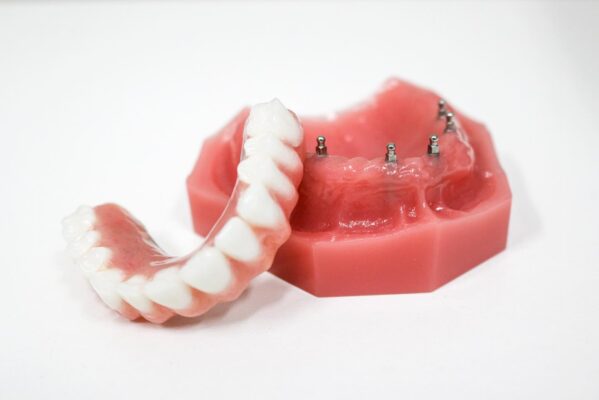How Does Gum Disease Affect Dental Implants?
In this video, Dr. Rose Magno explains how mini implants minimize risks of gum disease-related failures compared to traditional implants. Visit our Emeryville office to learn more.
Mini dental implants have a significantly lower risk of complications compared to traditional implants. While traditional implants have a 90% chance of developing periodontal disease, which can lead to bone loss and implant failure, mini implants are far less likely to encounter these issues. The main cause of failure for traditional implants is bone loss due to periodontal disease, but this is rare with mini implants.
Mini implants have a remarkable 95% success rate, with only a 5% failure rate. Most mini implant failures are not due to periodontal disease, which is the leading cause of failure for traditional implants. This makes mini implants a highly reliable and successful option for many patients seeking dental restoration.
RELATED VIDEOS
- What Is a Dental Implant?
- What Is a Mini Dental Implant?
- Dental Implants vs Mini Dental Implants
- Can I Get An Extraction and an Implant at the Same Time?
- What If I Don’t Have Enough Bone For a Dental Implant?
- What Is a Dental Bone Graft?
- What Kinds of Issues Can Mini Dental Implants Fix?
- Options For Replacing a Single Tooth
- Options For Replacing All My Teeth
- The Mini Dental Implant Process Explained
- What Can I Eat After Dental Implant Treatment?





